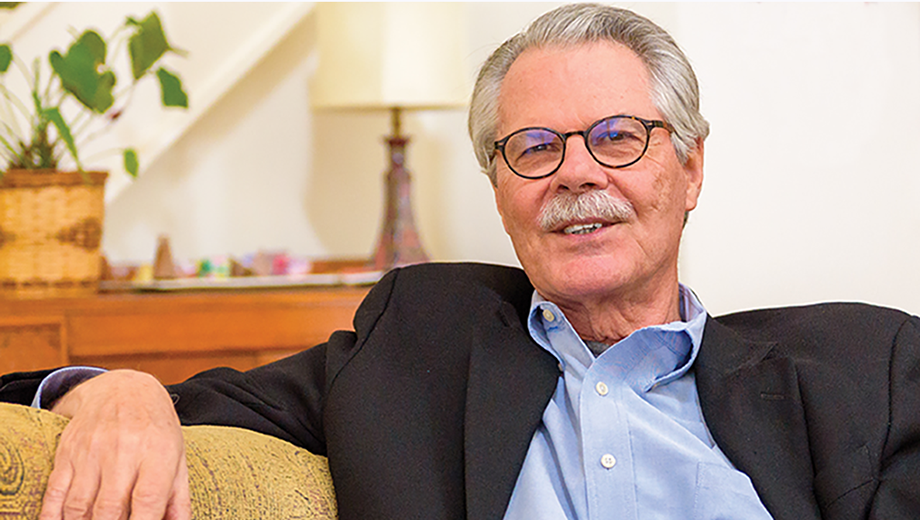When Horace Newcomb published TV: The Most Popular Art (Anchor Books) in 1974, he was one of the first academics to take television seriously as an art form. Though academia had begun to pay more attention to the popular arts, “television remains the most neglected,” Newcomb writes in the book, “the most unexamined.”
In each chapter, Newcomb examines a different genre of television show: comedies, westerns, mysteries, procedurals, adventure shows, soap operas, news, and entertainment. The chapter on comedy begins with a close analysis of an episode of I Love Lucy.
The following scene is the classic: yelling, mugging, strangling, confusion, and the gulping of huge glasses of water, all to the accompaniment of riotous laughter supplied by the sound track. ... The fadeout comes to a cast enjoying each other’s company and laughing at its own misunderstandings, laughing at itself. This is television’s own form of comedy. Its roots go deep, of course, to farce, slapstick, to the confused comedies of the eighteenth-century stage, to the raucous silent films, even to Punch and Judy. ...
Lucille Ball has starred in some type of situation comedy for over twenty years. ... How many times has the audience watched in delight as she leaves the boss’s theater tickets in a suit destined for the cleaners, calls the police to search for the kidnapped chimpanzee which turns up asleep in the neighbor’s house? How many times have we marveled at the responses, the wide-eyed mugging, the bawling tears, the gleam of conspiracy? ... There is something here that allows us to do more than enjoy and laugh. Something makes us “love” Lucy.
In the delineation of the elements of the formula present here we can discern a meaning that goes beyond the element of “story.” ... The formula becomes the particular way of ordering and defining the world. Much of that ordering in situation comedy and in other television forms will have a strong sense of the “unreal.” I suggest, however, that in situation comedy and in all of television there is a creation of a “special” sense of reality.
The elements that create this special reality, Newcomb claims, are present in many of the genre types he analyzes, including mysteries, westerns, and procedurals.
Later in the book he argues the merits of the most maligned genre of all, daytime drama.
Soap opera breaks almost every rule of rigid framework and closely defined formula that we have established in previous discussions. ... There is a loss of elegance with the daytime shows. They are not the polished, expensive productions that we see during prime time. ... This factor spills over into many other areas: into the creation of stereotyped plots ... and similarly extreme character types and methods of performance.
But these factors grow out of the essential difference between daytime serials and evening episodic television, the difference in time frame. ... Their insistence on letting stories grow and develop over periods of months and years brings them closer to experiential reality than any other form of video art. ...We get more indication of what television art can be through an analysis of soap opera than through examination of any other program type. ...
Nothing is more apparent in the world of soap opera than its essential physical flimsiness. Sets are noticeably thin; walls quiver when doors are shut too vigorously. The importance of this observation becomes obvious when we realize that there is almost no external world on daytime television. ... The set becomes an abstraction. ...
There is no humor in that world. There is, on occasion, an interlude of peace of mind. ... But there is never raucous laughter, pure delight, overwhelming joy, or even the mildest ribaldry. There are no comic characters, no contrived situations that can be built into comic structures. It is as if the world of situation comedy reruns in the morning precedes the world of soap opera afternoons. The hilarity of the one appears to match the drudgery of the other.
Ultimately, however, the two worlds are not part of the same vision and will never meet. For while the situation comedy is doomed to repeat itself in every episode of every series, changing only in the actual “situation” that precipitates the action, the soap opera will grow and change.
The power of soap opera, Newcomb claims, is that its world is unremittingly painful, worse than the world of its audience—and yet the characters persevere. “Human frailty and human valor,” he writes, “are the province of all complex art.”

